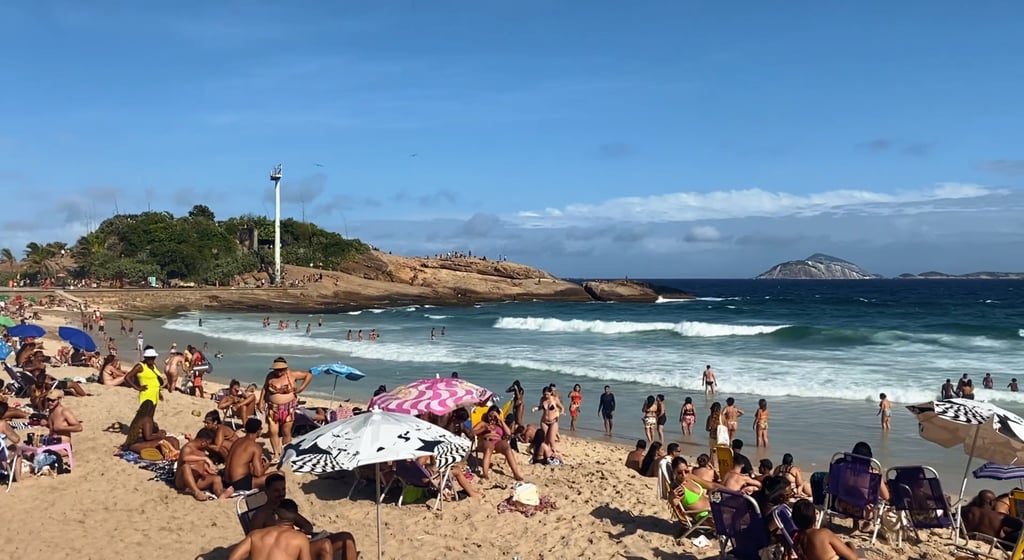Things to Know Before You Go to Rio de Janeiro, Brazil
BRAZIL


Rio de Janeiro Should Be on Your Travel Radar
Rio de Janeiro is a vibrant coastal city in Brazil, renowned for its breathtaking natural setting, iconic landmarks, lively music, and extravagant Carnival celebrations.
Founded in 1565 by the Portuguese, Rio de Janeiro or "River of January" got its name from the mistaken belief that Guanabara Bay was a river mouth.
Rio currently has a population of about 12 million in the greater metropolitan area, making it Brazil's second largest city, next to São Paulo.
Rio boasts many beautiful beaches, including the world famous Copacabana and Ipanema beaches. It also has one of the world's largest urban rainforests, the Tijuca Forest, which is home to many plant and animal species. It's also the birthplace of samba and bossa nova - and hosts the world's largest annual Carnival celebration.
For more information to help plan your trip, check out the Wander Yonder YouTube video below for an overview of Rio de Janeiro, Brazil, including travel highlights and insights. We explore some of the most iconic beaches and landmarks, including Copacabana and Ipanema beaches, Sugarloaf Mountain, Christ the Redeemer, the Metropolitan Cathedral, and the Seleron Steps featuring thousands of tiles from around the world.
Safety Matters for Tourists
Unfortunately, Rio doesn't have the the best safety reputation so you need to be mindful of your belongings and surroundings at all times - and avoid doing anything that will make you a target, including wearing expensive jewellery, or flashing your expensive phone or camera. I also recommend using Uber to get around the city at night as it is reasonably priced, easy to use, safe and reliable.
Tap Water in Rio
While the tap water in Rio is treated and generally considered potable, most locals and travel advisories recommend avoiding drinking directly from the tap, due to aging infrastructure. inconsistent quality, and strong chlorine taste and smell. Many hotels and Airbnbs have a built-in water filtration systems so you may wish to confirm this before booking a place. Bottled water is widely available and very inexpensive in the city.
Money Matters
The Brazilian Real is the official currency. Many local ATMs charge very high fees for cash withdrawals so I suggest trying to limit your withdrawal transactions as much as possible. Credit cards are widely accepted at restaurants, cafes and bars - and I never had any issues using my phone to tap for credit card payments. Surprisingly, even most of the street and beach vendors accept credit cards and phone tapping for purchases. Regardless, I like to have a little cash on hand just in case I encounter payment issues.

